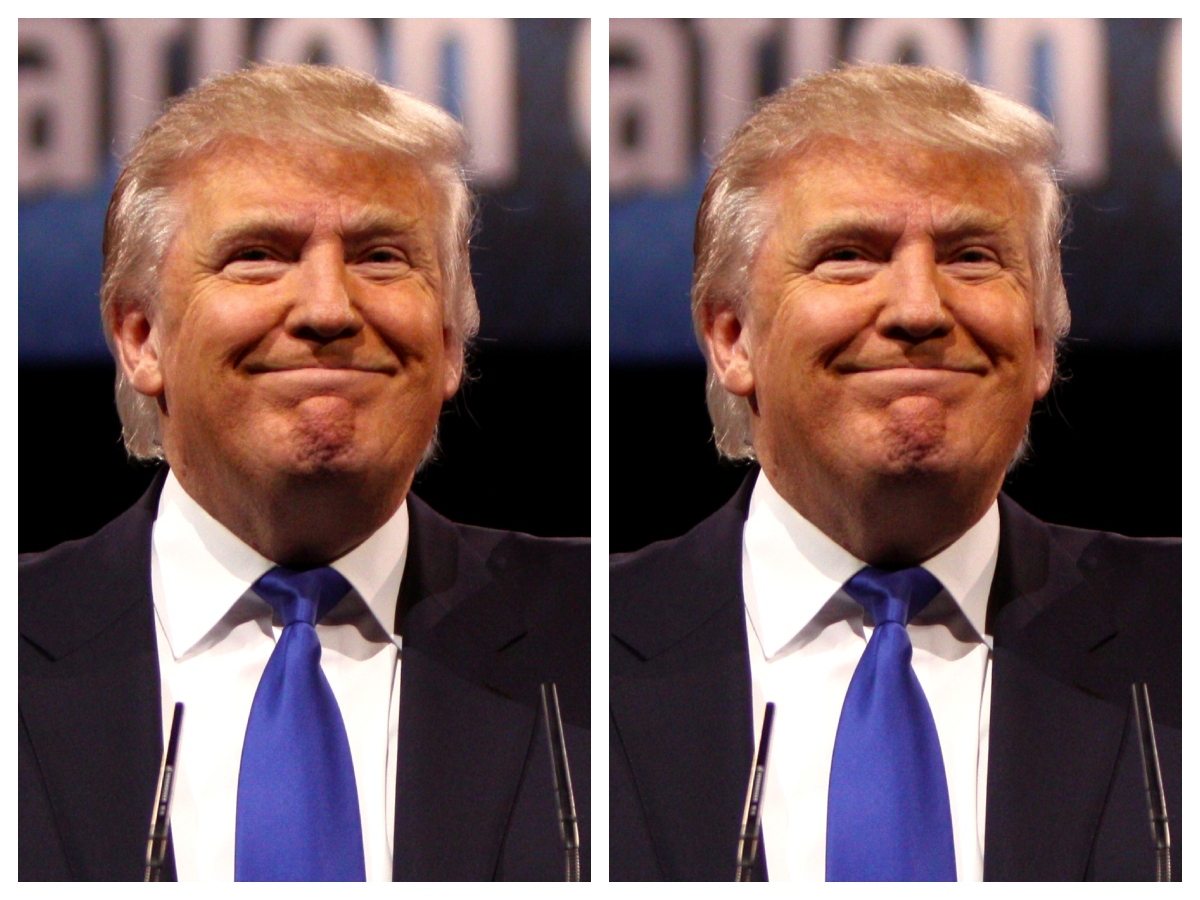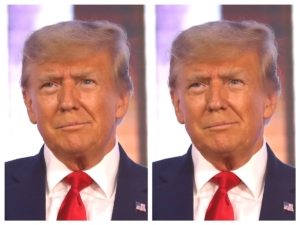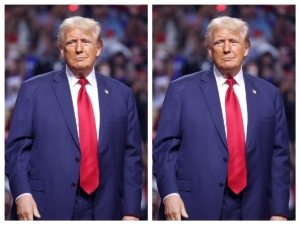U.S. District Judge Amir Ali has ordered the Trump administration to release billions in foreign aid that Congress already approved, rejecting an attempt to keep the money unspent.
The Washington-based judge issued a preliminary injunction Wednesday, saying the decision to withhold $11.5 billion, funds that expire at month’s end, was likely unlawful.
“To be clear, no one disputes that Defendants have significant discretion in how to spend the funds at issue, and the Court is not directing Defendants to make payments to any particular recipients,” Ali wrote. “But Defendants do not have any discretion as to whether to spend the funds.”
READ ALSO: Trump uses decades-old maneuver to block $4.9B in foreign aid approved by Congress
The administration, which immediately filed an appeal, maintains it acted within its authority. “President Trump has the executive authority to ensure that all foreign aid is accountable to taxpayers and aligns with the America First priorities people voted for,” said White House spokesperson Anna Kelly.
Watch a recent episode of The BreakDown podcast below and subscribe to our channel PanaGenius TV for latest episodes.
Global Health Council CEO Elisha Dunn-Georgiou, one of the plaintiffs, called the order “a victory for the rule of law” and a reminder that “only Congress controls the power of the purse.”
The clash began after Trump informed House Speaker Mike Johnson on August 28 that he would withhold $4.9 billion in foreign assistance, bypassing Congress by using what’s known as a “pocket rescission.” By submitting the request so late in the fiscal year, the president ensured lawmakers could not respond within the required 45-day window, leaving the funds idle. It marked the first time in nearly five decades that a president attempted this tactic.
Ali, according to AP’s report, stressed that rescission cannot occur without explicit legislative approval: “The law is explicit that it is congressional action—not the President’s transmission of a special message—that triggers rescission of the earlier appropriations.”
The frozen money includes nearly $4 billion earmarked for global health initiatives under USAID and more than $6 billion for HIV and AIDS programs, resources nonprofit groups say are essential for lifesaving projects worldwide.
Earlier this year, Trump characterized the allocations as “wasteful spending,” signing an executive order directing the State Department and USAID to halt foreign aid disbursement. Nonprofit coalitions sued, arguing the freeze jeopardized urgent work abroad.
READ ALSO: Trump administration petitions Supreme Court to halt $12B in foreign aid payments
A split appellate panel briefly allowed the suspension before reversing course, reviving the case before Judge Ali. In his opinion, Ali acknowledged that “definitive higher court guidance now will be instructive,” noting the broader constitutional question: “This case raises questions of immense legal and practical importance, including whether there is any avenue to test the executive branch’s decision not to spend congressionally appropriated funds.”










